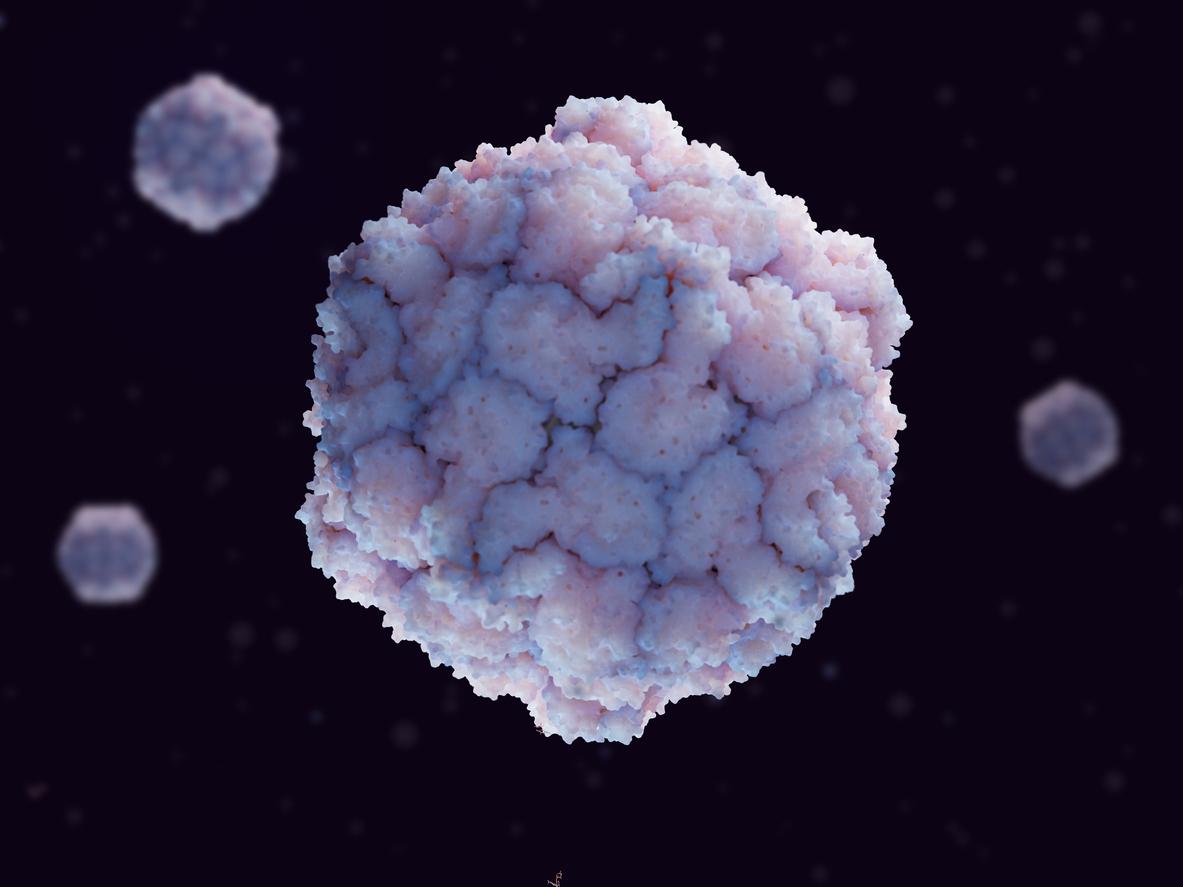When the baby breathes in during birth, amniotic fluid can enter the lungs, this is called meconium aspiration syndrome (MAS).
During pregnancy, the digestive tract is fetus coated with a dark green waste substance, the meconium. A number of factors can increase fetal bowel movement and allow the anal sphincter to relax. This causes the fetus to excrete meconium into the amniotic fluid. When this happens, the amniotic fluid and meconium combine to form a thick, green-black liquid.
When the baby gasps or inhales during labor and birth, the meconium-containing amniotic fluid can end up in the lungs. Then there is the meconium aspiration syndrome, abbreviated MAS. The most common causes of MAS are fetal stress and late births. In addition, MAS can also arise because the baby is too small, due to umbilical cord complications and chronic conditions.
Inhaling meconium can partially or completely block the airways in the baby. When the baby exhales, the meconium gets trapped in the airways. The lungs can expand excessively. This can eventually cause the lungs to rupture and collapse. Meconium also causes irritation of the baby’s airways and lungs.
Treatment methods for MAS include suctioning the airways, antibiotics, use of a ventilator and chest physiotherapy.















